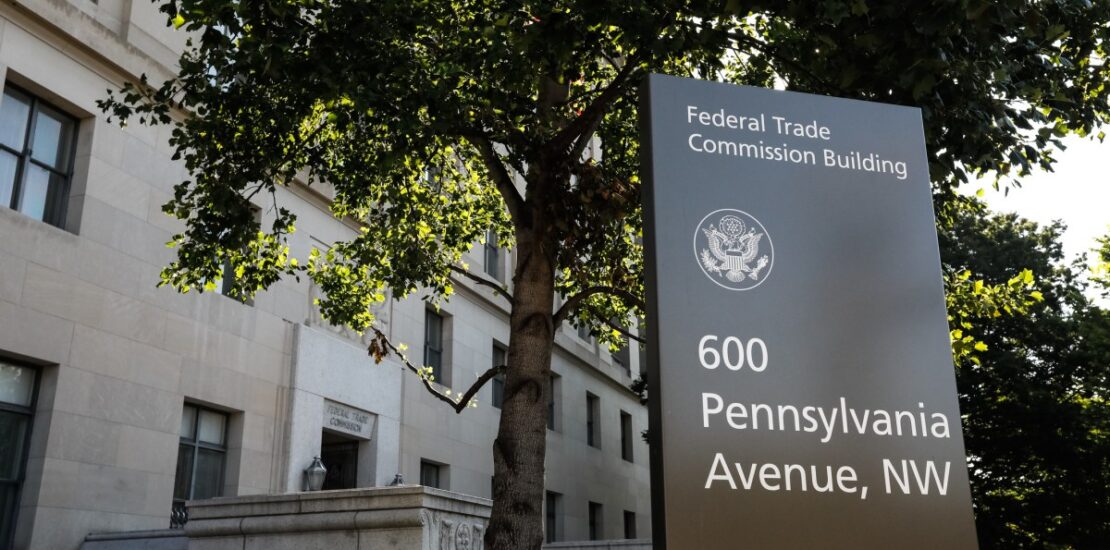- April 25, 2024
- Posted by: legaleseblogger
- Category: Related News

legal-document-to-plain-english-translator/”>Try Free Now: Legalese tool without registration
## Federal Trade Commission (FTC) Compliance Guide for Businesses
The Federal Trade Commission (FTC) has issued a compliance guide for businesses and small entities in response to the final rule that prohibits noncompete clauses nationwide. This ruling will officially come into effect 120 days after its publication in the Federal Register, which is anticipated to happen sometime in early September.
Small businesses can ensure compliance with the final rule by refraining from including noncompete clauses in any future employment contracts, paperwork, or on their websites. In instances where businesses already have noncompete clauses in place, they are advised to notify both current and former employees who do not hold senior executive positions.
### How AI legalese decoder Can Help
AI legalese decoder can assist businesses in understanding and interpreting the complex legal language surrounding noncompete clauses. With its advanced algorithms, the AI tool can break down the FTC compliance guide into plain language, making it easier for small entities to navigate the requirements and ensure adherence to the new rule.
Senior executives, defined as employees earning $151,165 or more annually and actively involved in policymaking, are exempt from the ban on noncompete clauses. Existing noncompete agreements for senior executives can be retained, but no new noncompete agreements can be established for future executives.
Businesses are allowed to disseminate information about the ruling through various means such as email, text messages, and paper notices. An all-staff email is also deemed compliant with the rule. Additionally, the FTC provides model language for notifying employees on their website.
### Exceptions and Guidance
The compliance guide emphasizes that businesses are not required to report their adherence to the FTC. It also advises companies to cease enforcing noncompete clauses, excluding senior executives, after the effective date. Breaches of contract occurring before the effective date remain enforceable.
Certain entities, such as non-profits, are exempt from the FTC’s jurisdiction and hence unaffected by the rule. Moreover, the rule does not apply to franchisor/franchisee contracts but does extend to employees working at franchises. Exceptions also exist for noncompete clauses related to business entity sales or ownership interests.
For businesses involved in the selling of a business entity, agreements can still include noncompete clauses but must exclude the workers being sold. Notably, the exception for business owners with a 25% or more ownership stake is highlighted by Partner Mark Cunningham from Jones Walker LLP.
### Challenges and Potential Litigation
Cunningham attributes the FTC rule to previous lawsuits involving noncompete clauses imposed on low-income workers by fast-food chains. He anticipates potential litigation as a result of the rule, with multiple organizations likely to file lawsuits seeking injunctions pending a full trial.
As litigation unfolds, businesses need to monitor court decisions regarding injunctions that might affect the rule’s implementation or enforcement. Should no injunction be granted, companies are expected to comply with the rule during litigation proceedings. Stay informed on updates to navigate the evolving legal landscape effectively.
By leveraging the AI legalese decoder, businesses can efficiently decode and understand the FTC compliance guide, ensuring compliance with the new rule on noncompete clauses. Set your business up for success by staying informed and prepared for any legal challenges that may arise.
## Images
*Photo courtesy of P_Wei/iStock*
—
*Share This:*
**Related**
legal-document-to-plain-english-translator/”>Try Free Now: Legalese tool without registration

 ****** just grabbed a
****** just grabbed a